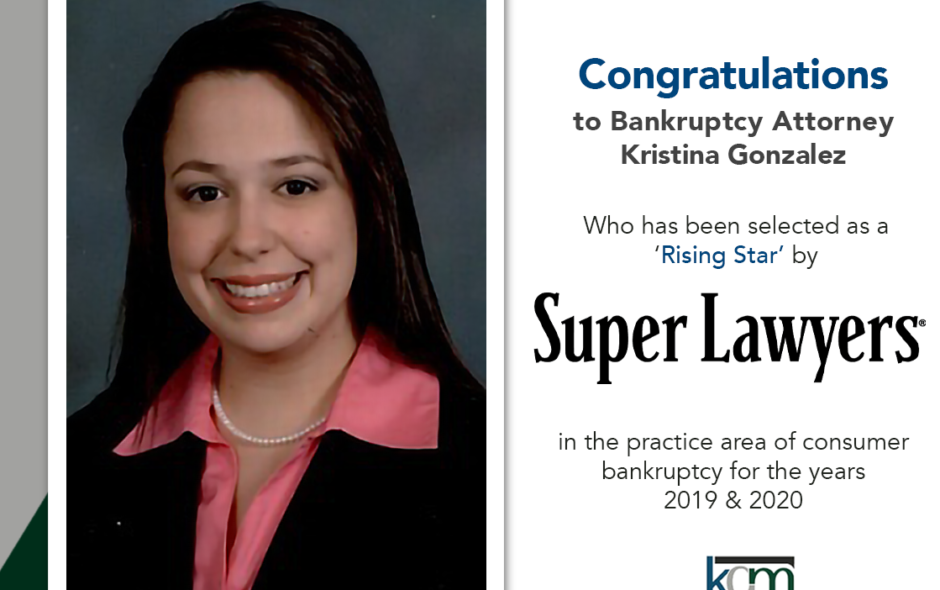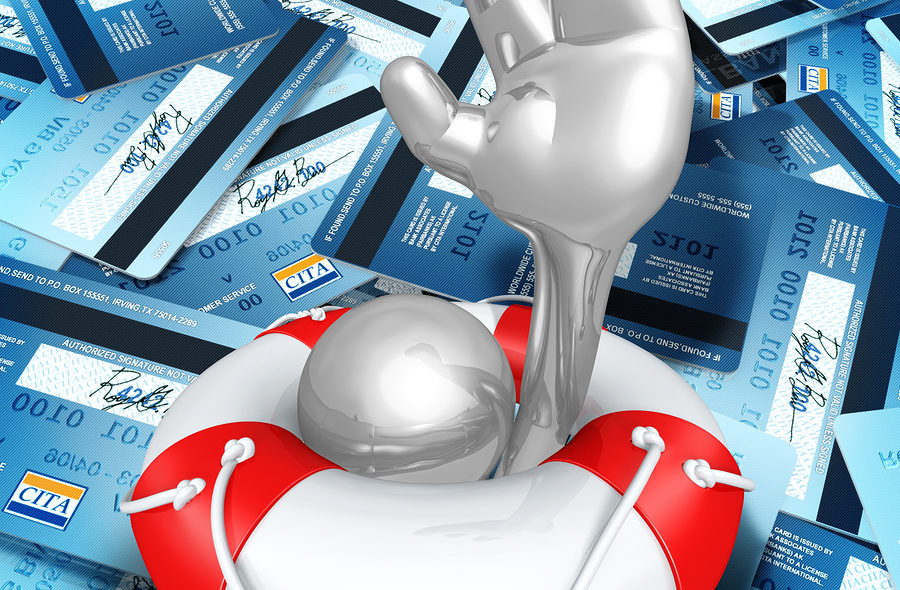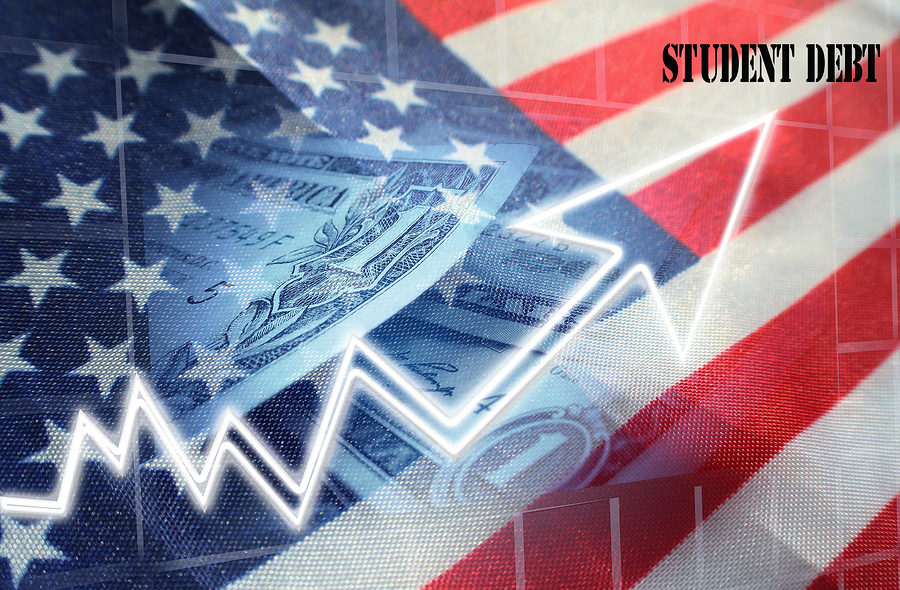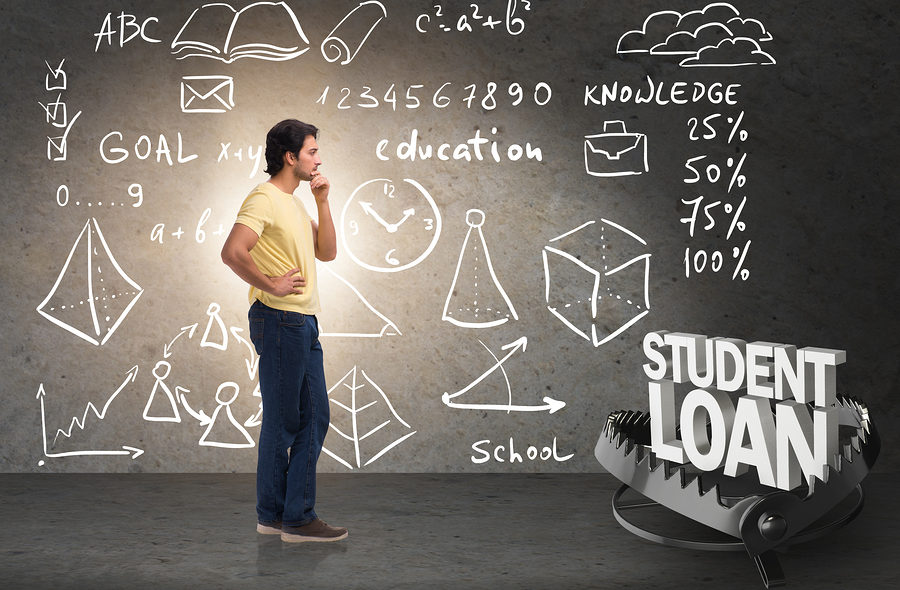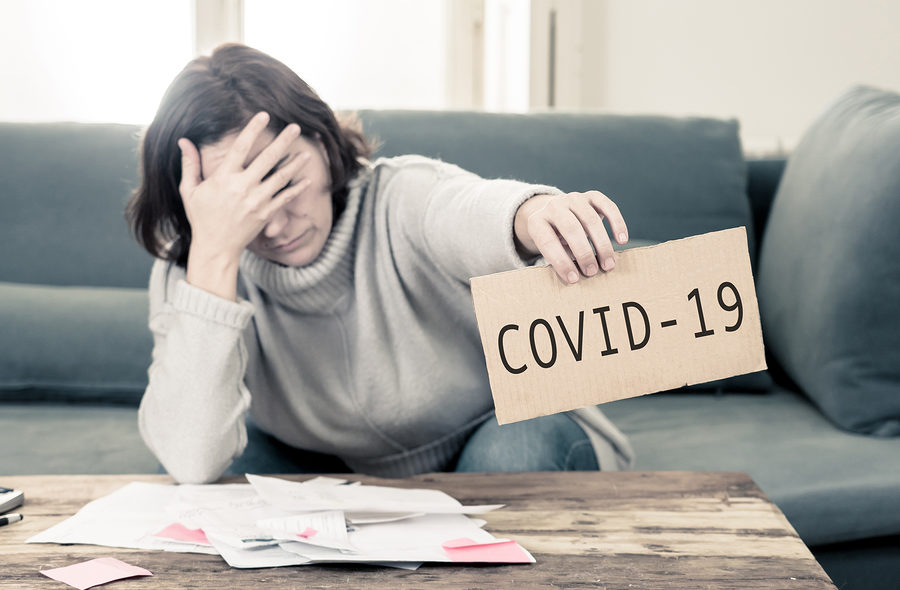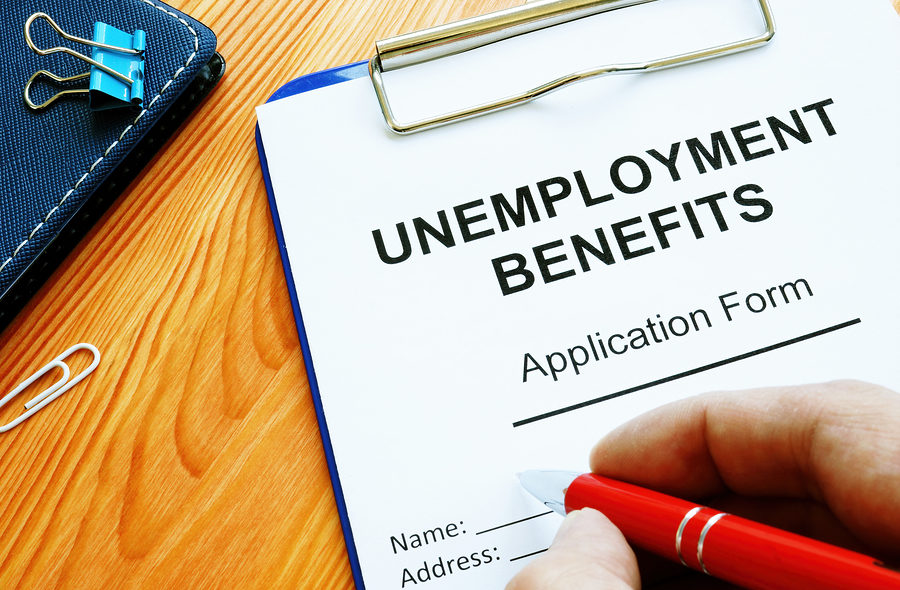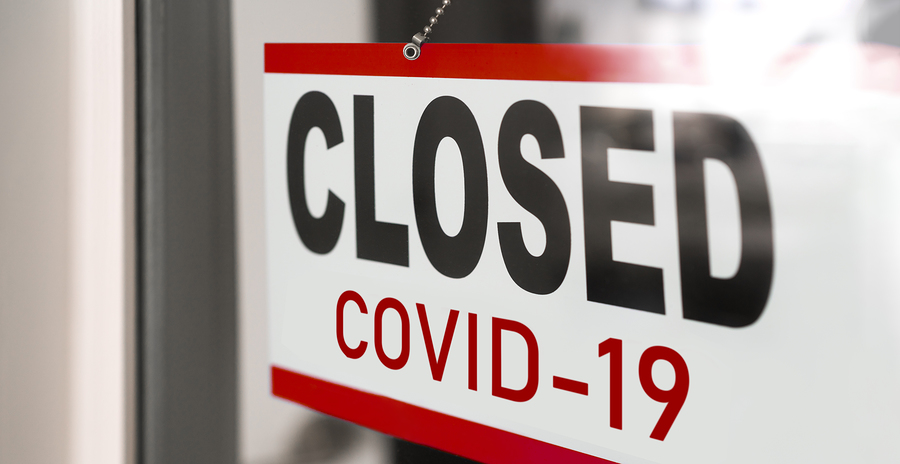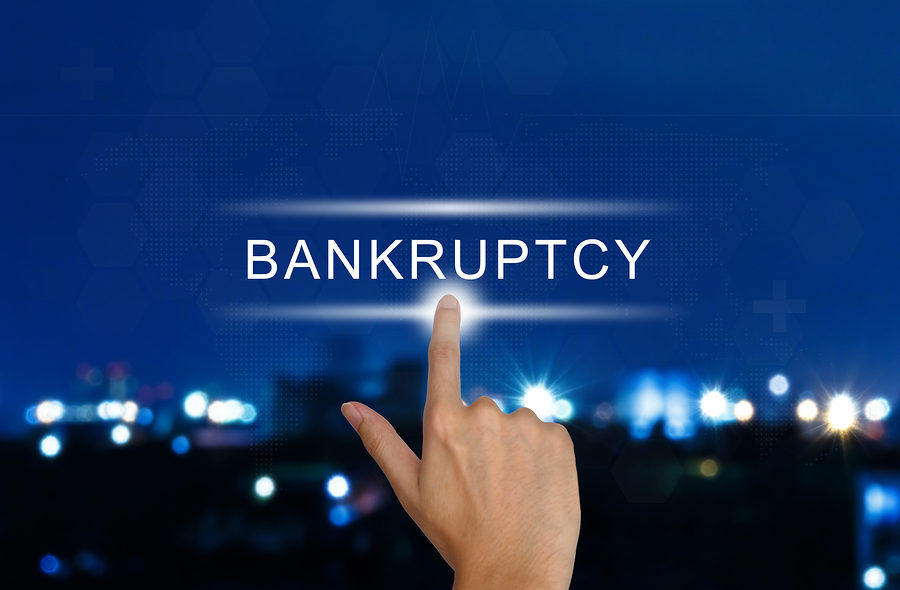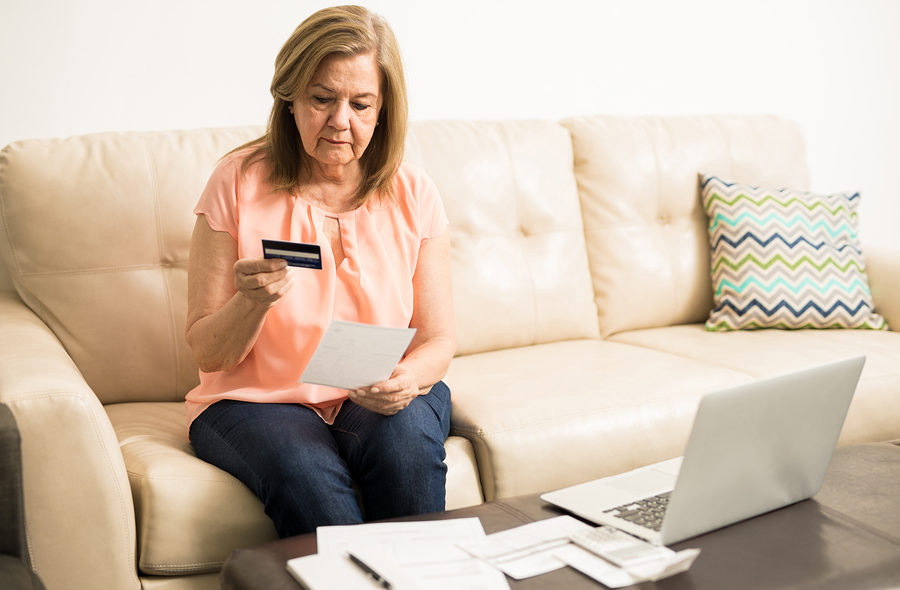MIAMI – Attorney Kristina Gonzalez of the Miami-based bankruptcy and foreclosure defense law firm of Kingcade Garcia McMaken has been selected for inclusion in Florida Super Lawyers 2020 as a Rising Star in the practice area of consumer bankruptcy.
The list recognizes the top up-and-coming attorneys in the State of Florida. A select group of 2.5 percent of attorneys are named to the prestigious Rising Stars list.

